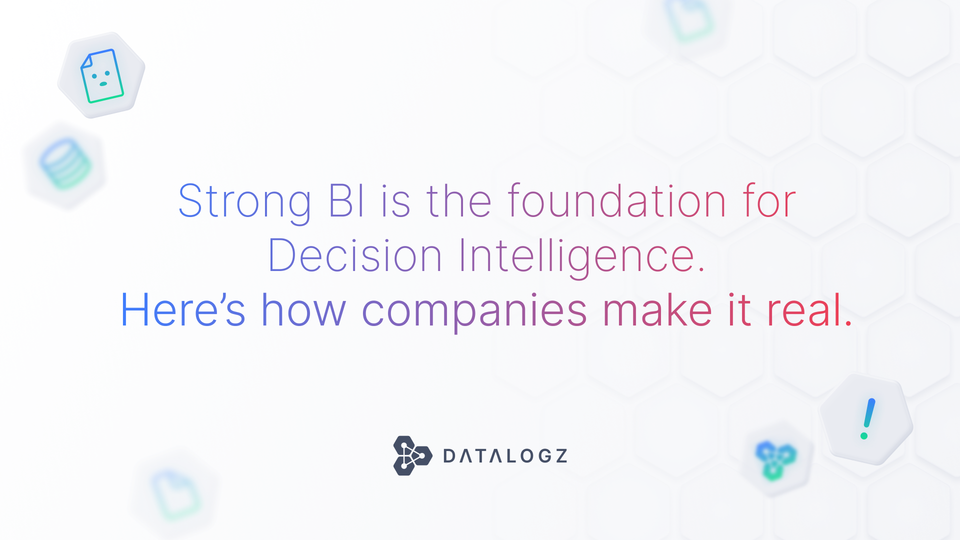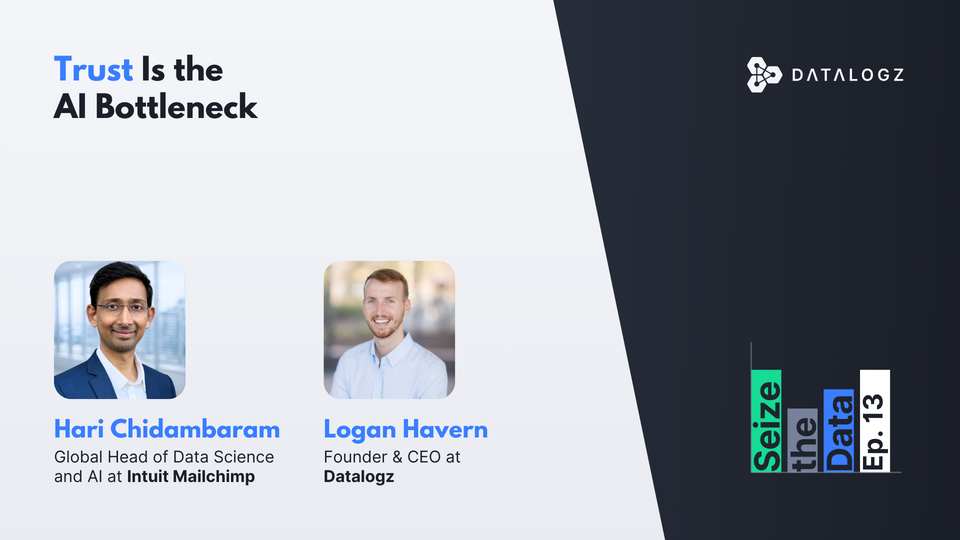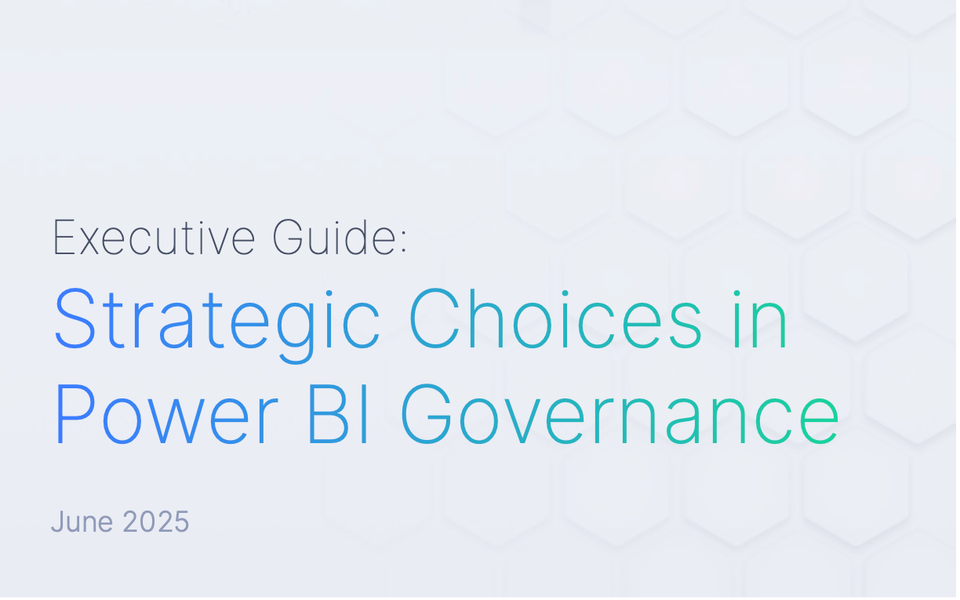Data Governance vs. BI Governance
BI governance broadens the purview of conventional data governance to include all information users inside an organization.

Enterprises have been focusing on data governance for many years, and its significance has only grown as the amount of data we generate and process has exploded. However, effective governance of business intelligence at scale has proven to be challenging since it necessitates a focus that is more widespread than data governance.
Instead of consuming data directly from the source, business users frequently use BI tools like Power BI, Tableau, QlikSense, and others. However, robust governance is essential regardless of where users access the reports and dashboards. After all, what use is high-quality, well-curated data if it is presented to users inconsistently or needs to have the necessary context to ensure that business users are appropriately interpreting it?
Organizations must set up procedures for data and analytics governance to implement effective BI governance. These governance processes need to be backed by efficient and reliable technologies to be effective at an organizational level.
Data Governance 101
Data governance is the collection of procedures and tools to ensure efficient data management and utilization. Data administrators in an organization use data governance tools to enforce corporate governance principles and encourage proper data usage.
As analysts and data scientists choose which existing BI assets to use in an analysis, the crucial functionalities offered by a data governance solution are of immeasurable value to them.
However, because they only satisfy the demands of some enterprise users, these solutions fall short of meeting the overall governance needs of the organization. A typical business user won't use a data governance tool as part of their routine tasks. Thus they won't gain access to the abundance of insights it holds. As a result, despite making significant continuous investments in this domain, many businesses struggle to see a positive return on their investment.
BI Governance 101
BI governance broadens the purview of conventional data governance to include all information users inside an organization. To increase user involvement and overall data literacy, it uses governance metadata to enhance the business's day-to-day operations. Since it serves as the one point of entry for all analytics access, a BI Ops platform can be the basis for successful BI Governance.
Moreover, a BI Ops platform, like Datalogz, can establish a close association between analytics consumption and governance. It achieves this by integrating governance metadata within the workflow to discover and consume analytics. The BI Ops platform makes governance metadata widely accessible to all users instead of locking it away in a data governance tool that only a restricted number of analysts will use.
The traditional approach to data governance merely focuses on the data and ends at the edge of visualizations. Because BI and reporting technologies are used to consume the majority of the information in a business, this governance strategy is ineffective. Governance efforts fall short in promoting data literacy and user engagement because they do not extend governance to the tools used by business users to consume and process data.
An organization can use a BI Ops platform to implement effective BI governance that covers both data and visualizations. A robust BI Ops platform is equipped with the governance and engagement tools required to offer information with the essential context to promote trust and accurate data interpretation that powers data-driven decision making within an organization.




